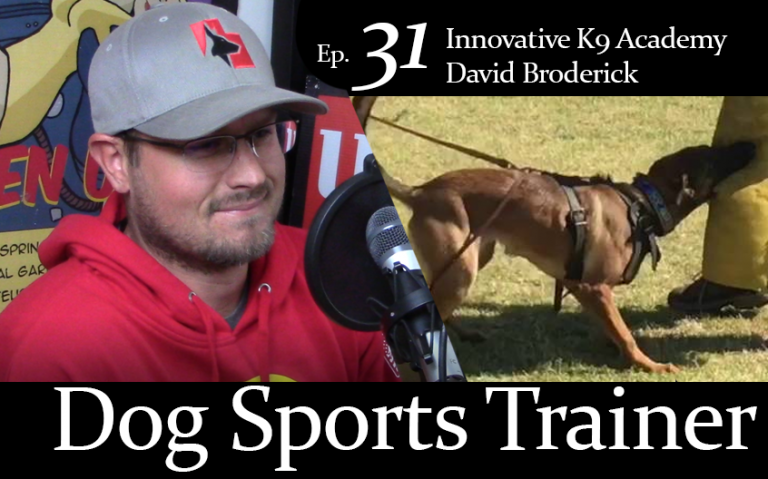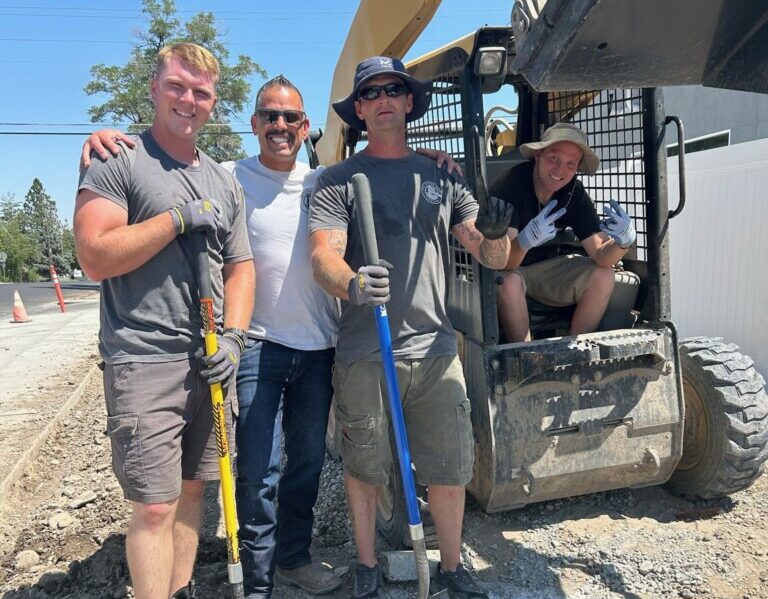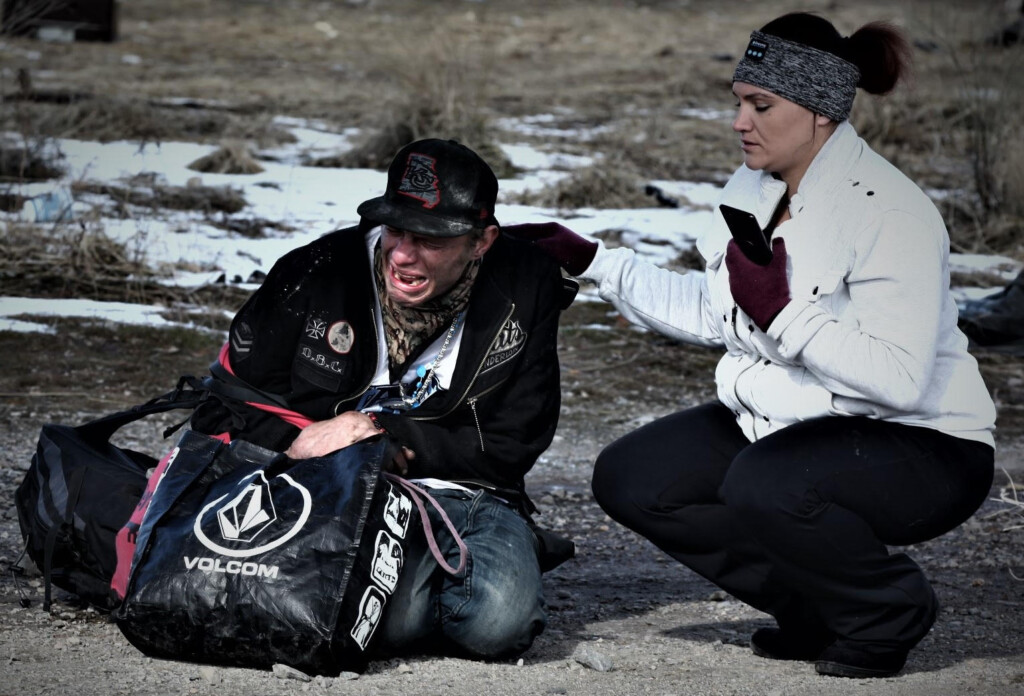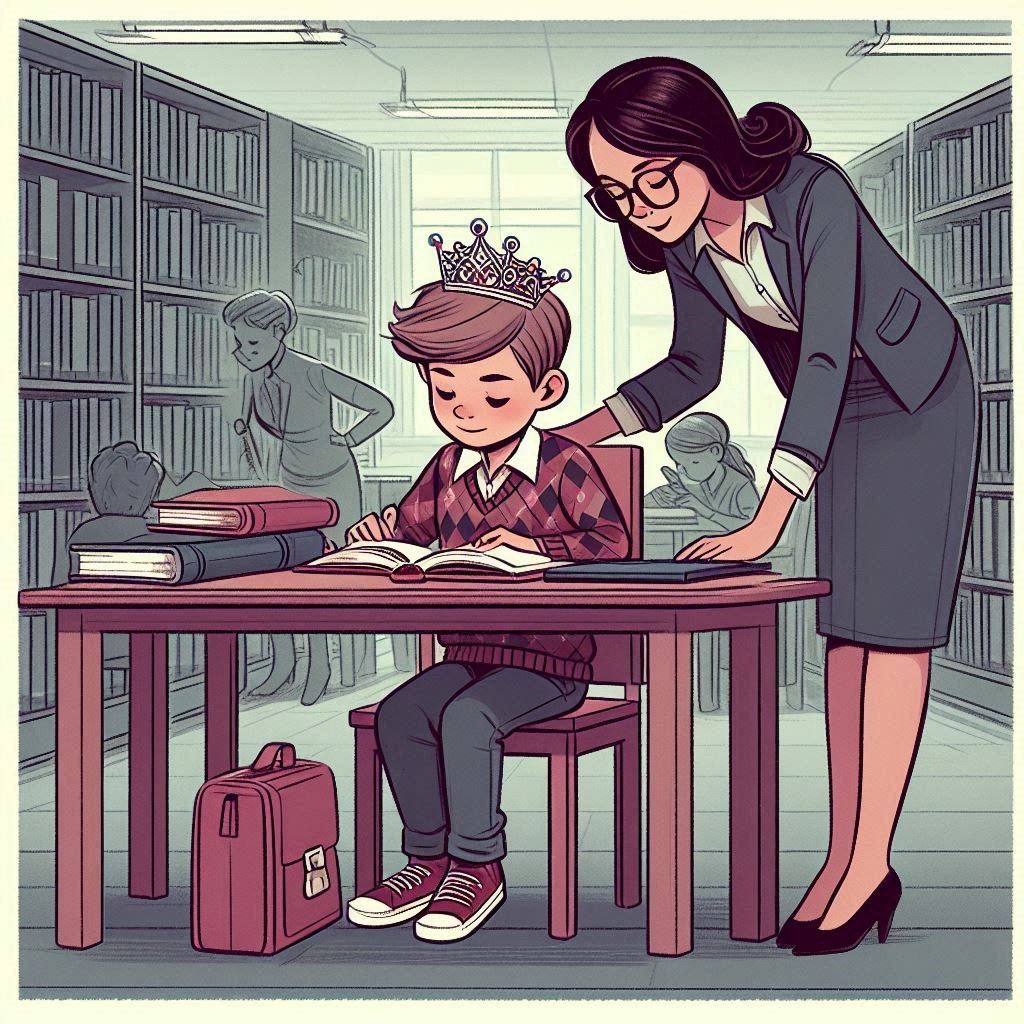For eons, dogs have been training humans to accommodate their desires. David Broderick has devoted his career to leveling this playing field. David has been training dogs for 22 years and in
that time he has learned what makes a “good dog.”
His main insight is that physical activity alone does not get a dog to calm down. Instead, it just builds stamina. “Mental engagement is much more important. You have to make a dog use its brain through structured walks and games. This is how to teach a dog.”
David has an eight-acre training facility in Payson that includes a pond and agility field. At present, he has seven dogs and competes internationally in canine protection sports, which basically resemble police dog training. “Dogs are judged on how they protect their owner, guard an object, and returning before they bite a target.” He is impressed by dogs he has seen in Europe where owners are more involved with their canines. “Dog training clubs are popular and the dogs are more under control and social.”
A well-trained dog is a joy to be around. But this does not happen from just keeping a dog lolling around a living room. “A 14-week old puppy requires about two or three hours a day. Not a lot of people have this time commitment.” For that reason, David structures a dog “boot camp” and then teaches the owners what their dog has learned. “The idea is reinforcing behavior that we want a dog to exhibit.”
To learn more about what it takes to be a “good human” listen to David Broderick on the Utah Stories podcast.







